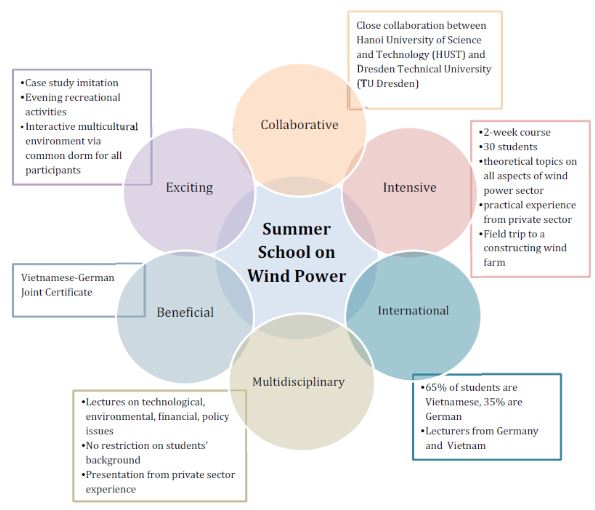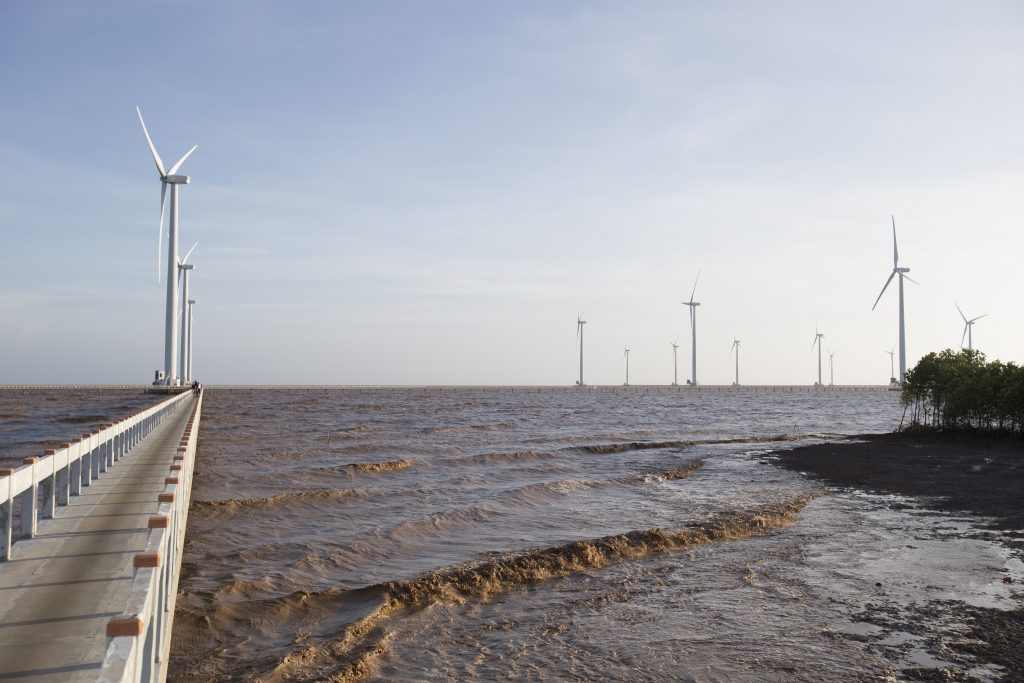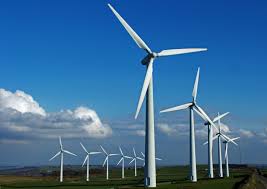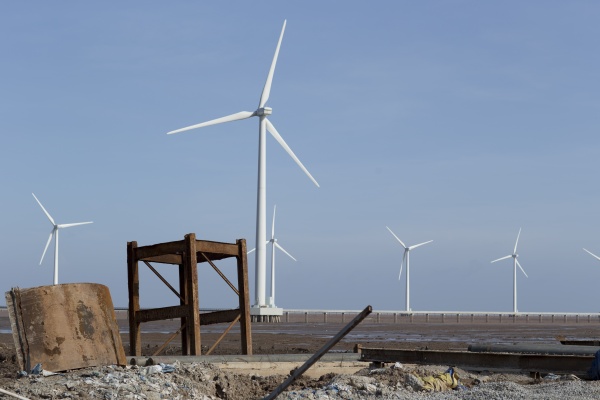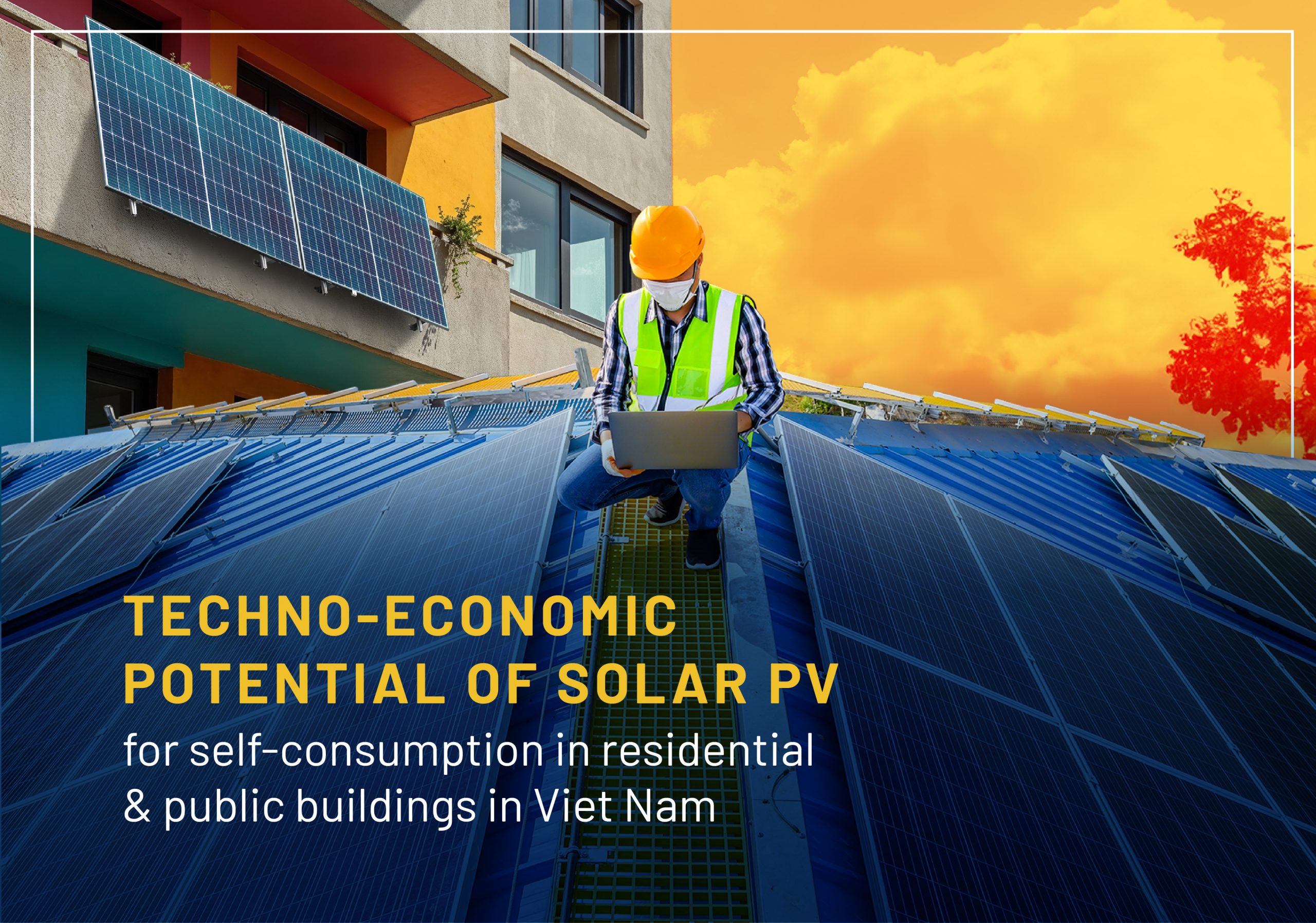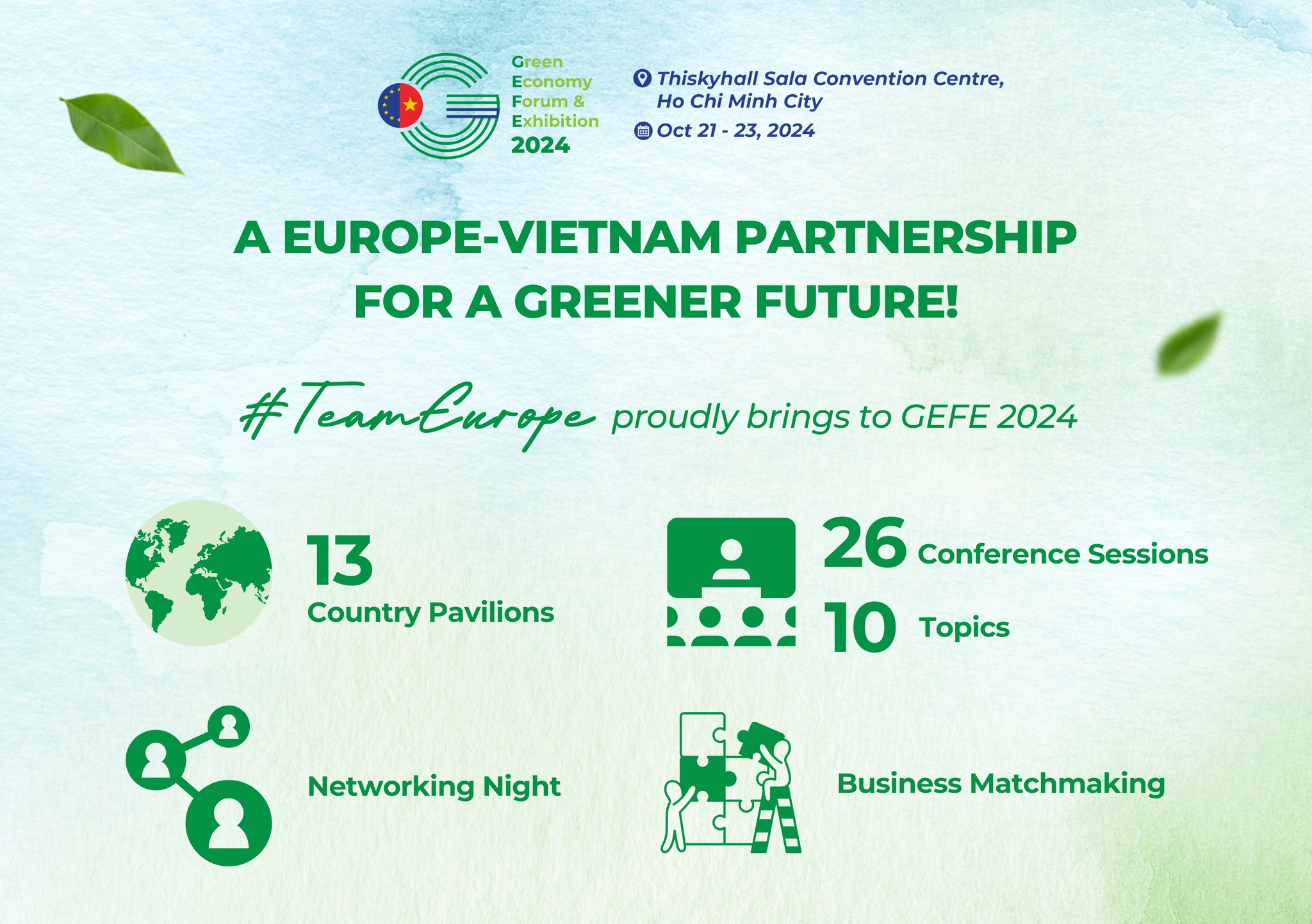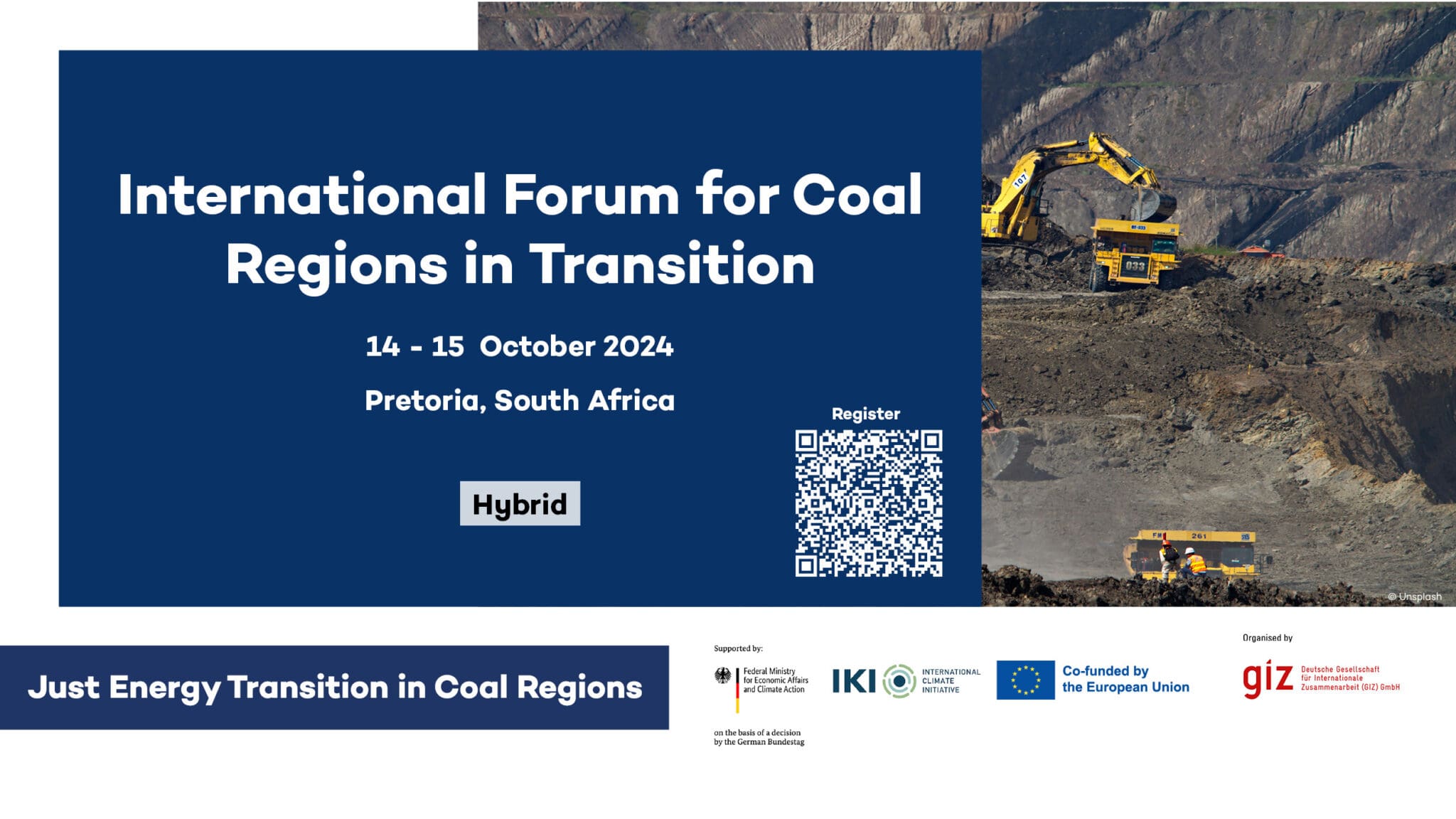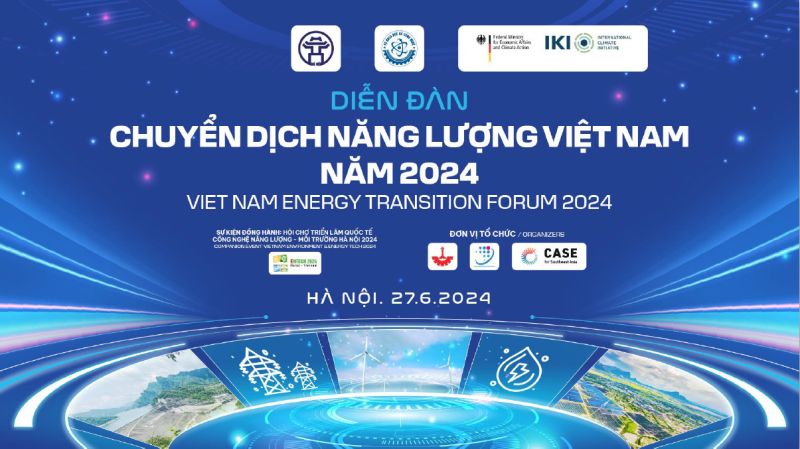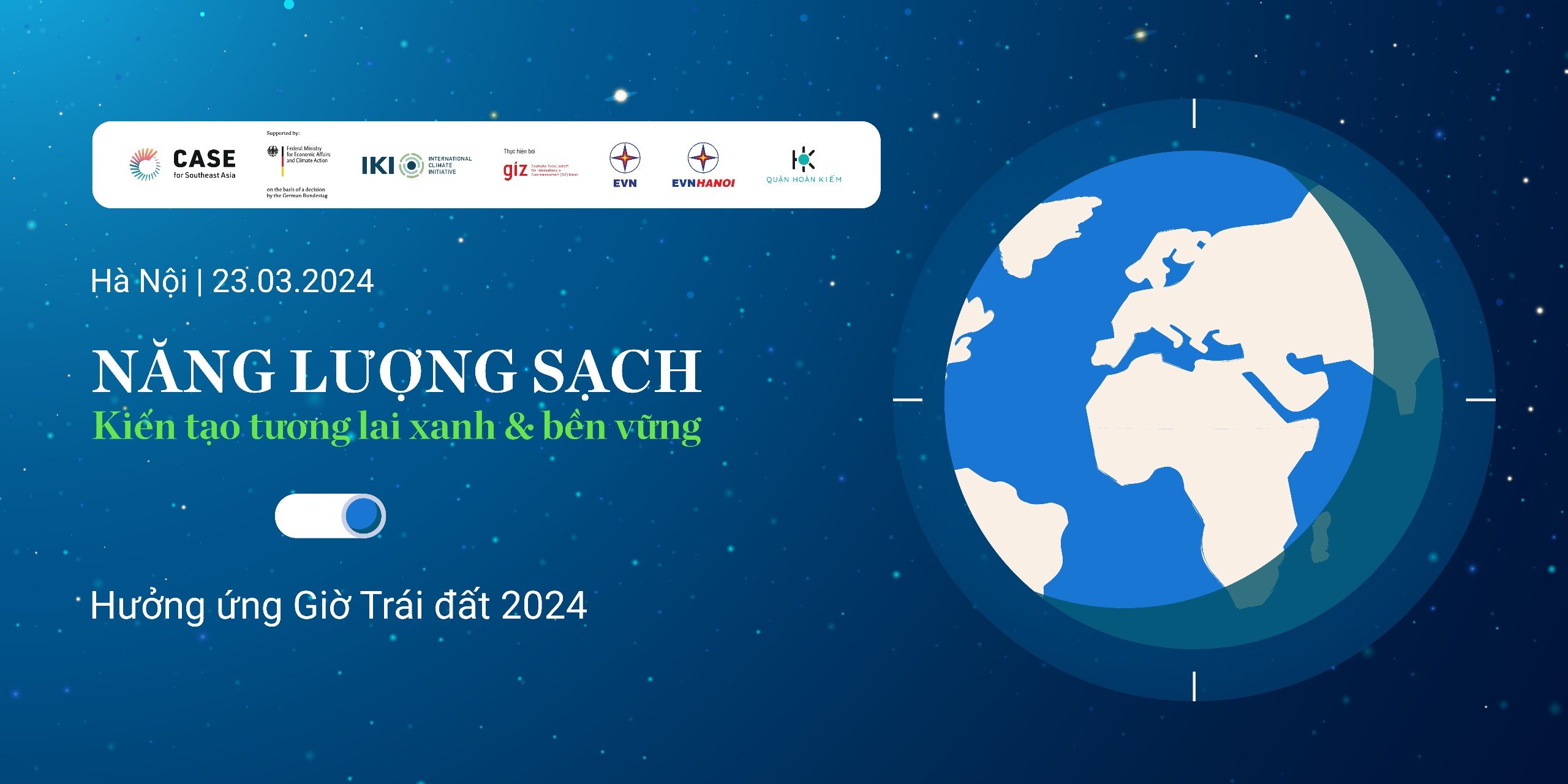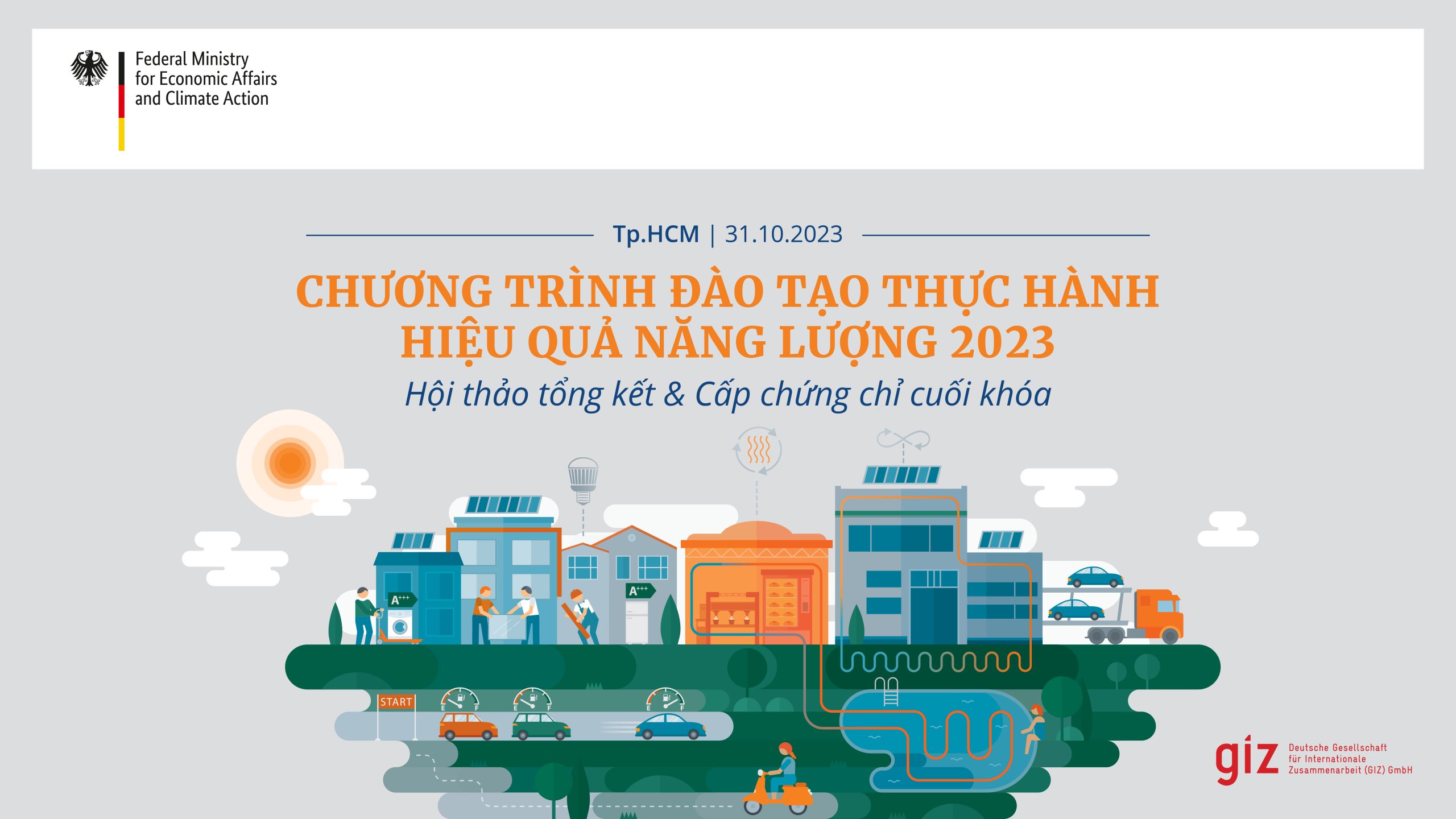Context
Under the pressure of Climate Change, the role of renewable energies is significantly emphasized in the current development of Vietnamese power system. According to the revised National Power Development Plan VII (Decision No. 428/QD-TTg, dated 18 March 2016), the percentage of electricity produced from these energy sources (excluding hydro power) has to increase from 3.7% of the total electricity production in 2015 to 6.5% in 2020 and 10.7% in 2030. To wind particularly, this master plan requires the total wind power capacity to be increased from the current negligible levels (114 MW) to around 6000 MW by 2030.
Similar to its young and under-developed wind power sector, Vietnam’s research and education on wind energy are very limited and not compatible with its rising role and required expansion. Currently only few renewable energy related courses – account for only 2 or 3 credits over a total 150–200 credit degree – are available in Vietnamese universities. These courses are part of bachelor or master degrees in environmental, energy/ electrical engineering and environmental resource economics. The absence of a systematic and comprehensive education/ training on renewable energy generally and on wind power particularly resulted in the shortage of qualified human resource to satisfy the raising demand of wind energy sector development.
The Summer School
Aiming to increase the interests and knowledge on wind power sector of young labour force, the Vietnam – Germany Summer School will provide students opportunities to work on the topic of wind power in interdisciplinary and intercultural teams. Focus will be given to theoretical knowledge as well as to specific case studies through group work. As a result, students will gain broad overview and practical experience about wind power sector development.
Programme Elements
Agenda and venues
The Summer School will be organized in two weeks from 12nd to 23rd September 2016 in Hanoi.
Accommodation for students during the course is arranged by GIZ. Students will stay in a common dorm so that they can have chances to get more social connections with other course-mates.
Besides theoretical lectures, students will have a trip to the constructing wind park of Phu Lac (in the Southern Vietnam) to gain more practical understanding about wind project development.
Additionally, students also have chances to participate in extra recreational activities around Hanoi that will be organized during students’ spare time.
Eligibility
Vietnamese and German last year bachelor and master students are all eligible for the course. There is no restriction on the background of applicants as the course aims to introduce general overview and broad multidisciplinary knowledge (e.g., policy, engineering, economics, environmental, etc.) on wind power sector.
All applicants are required to be fluent in English as lectures are given in English.
Fees and registration
The course is basically free of fees. However, the German students are expected to pay for their own travel costs from Germany to Vietnam and vice versa. Travel costs within Vietnam are covered.
The number of seats is limited to 30 students (including 10 German and 20 Vietnamese). Applications will be selected to ensure the variety of students in terms of background, disciplines, universities, and gender.
Interested Vietnamese and German students are encouraged to register by completing the application form and returning it with their CVs on 04 July 2016 at the latest to chi.trinh@giz.de. The form is available for download HERE.
Background information
MOIT/GIZ “Support to the Up-Scaling of Wind Power” Project
A number of regulatory and market barriers as well as the lack of capacity have been identified as the obstacles that hinder the expansion of the wind power sector. The project “Support to the Up-Scaling of Wind Power in Vietnam” aims to tackle these issues through technical assistance. It is implemented in the period 2014-2018 by the Deutsche Gesellschaft für Internationale Zusammenarbeit (GIZ) jointly with the Ministry of Industry and Trade (MOIT) and its General Directorate for Energy (GDE) of the Socialist Republic of Vietnam. With a total budget of EUR 6.900.000, the project is commissioned by the Federal Ministry of Economic Development and Cooperation (BMZ) under the German Climate Technology Initiative (DKTI).
Curriculum
|
|
Monday |
Tuesday |
Wednesday |
Thursday |
Friday |
Saturday |
Sunday |
|
1st week |
|||||||
|
Morning |
Welcome and Fundamentals of Wind Power
|
Liberalizing Markets & the Energy Market in Vietnam |
Support Schemes of Renewable Energies and Fluid Mechanics |
Wind Power Technologies |
Site Selection & Wind Farm Design |
Field trip to Phu Lac wind park |
Back to Hanoi |
|
Afternoon |
Renewable Energy & German Energy Transition |
Princing and investments |
Wind Power in Vietnam |
Market Integration & Grid Connectivity |
Field trip to Phu Lac wind park |
Stay at Nha Trang |
Free time |
|
2nd week |
|
|
|||||
|
Morning |
Environmental Impacts and Financial Project Assessment |
Project Management and Research into Wind Turbines |
Group work |
Group work |
Presentation of Group Work Results Including Evaluation |
End of the course |
|
|
Afternoon |
Control Problems in Wind Power Plants and Projects in Vietnam |
Laboratory Visit and Introduction of Group Work |
Presentations and closing ceremony |
||||
Updated on July 27



